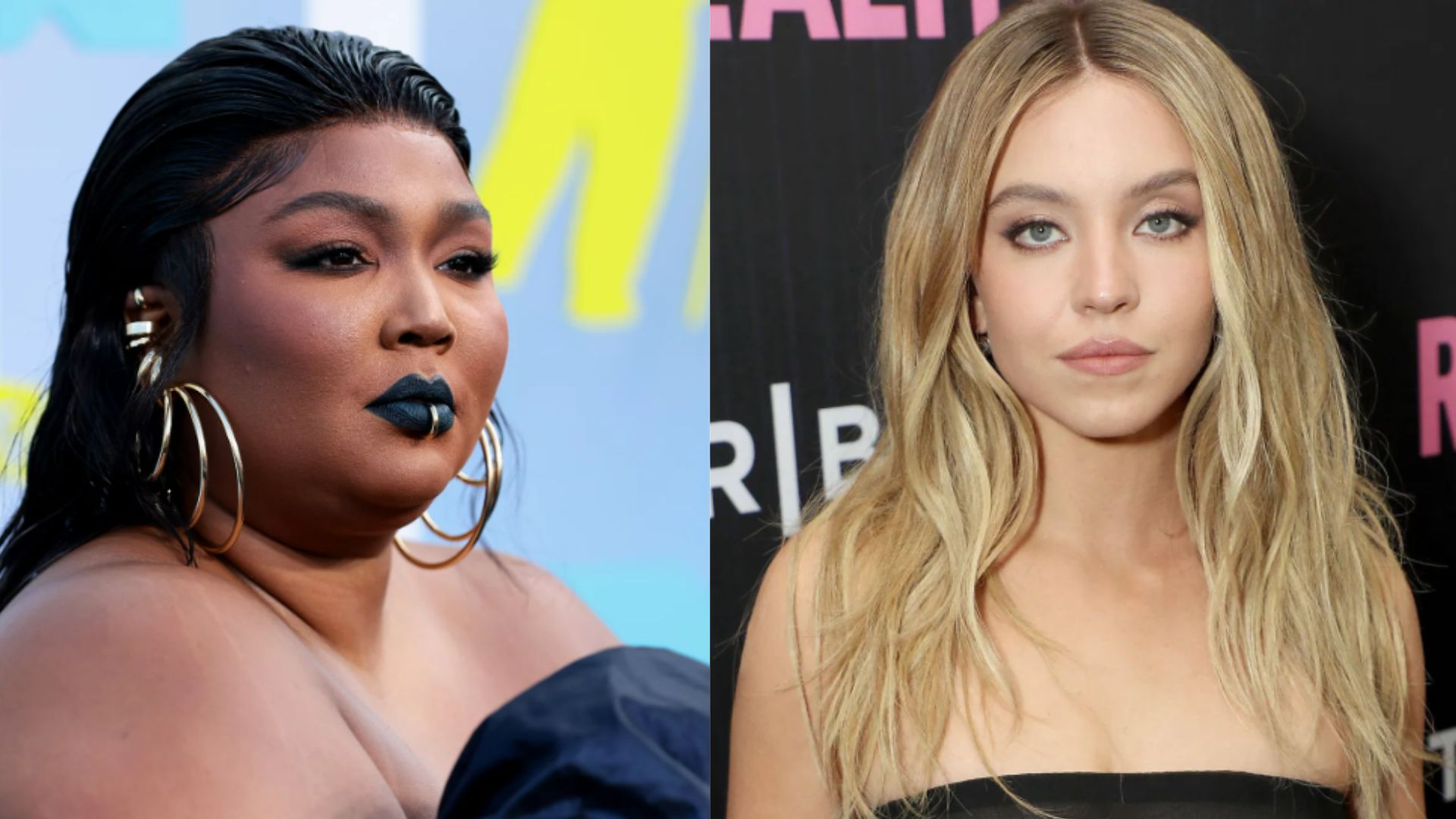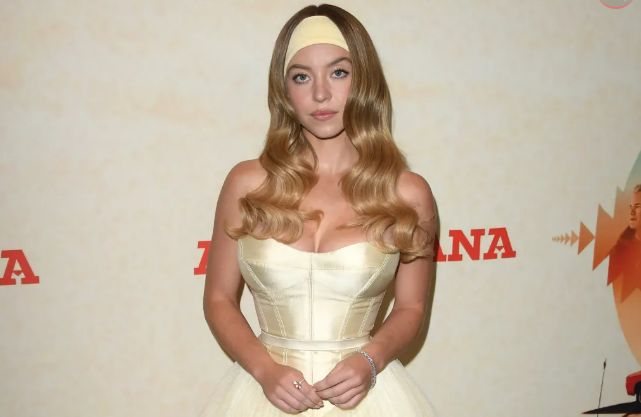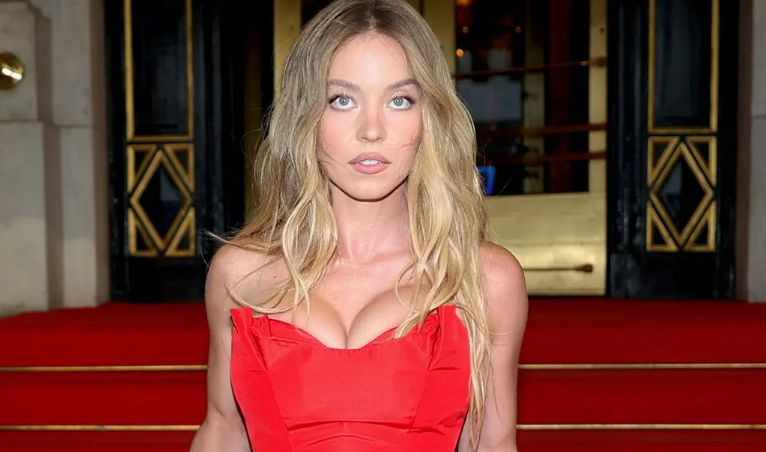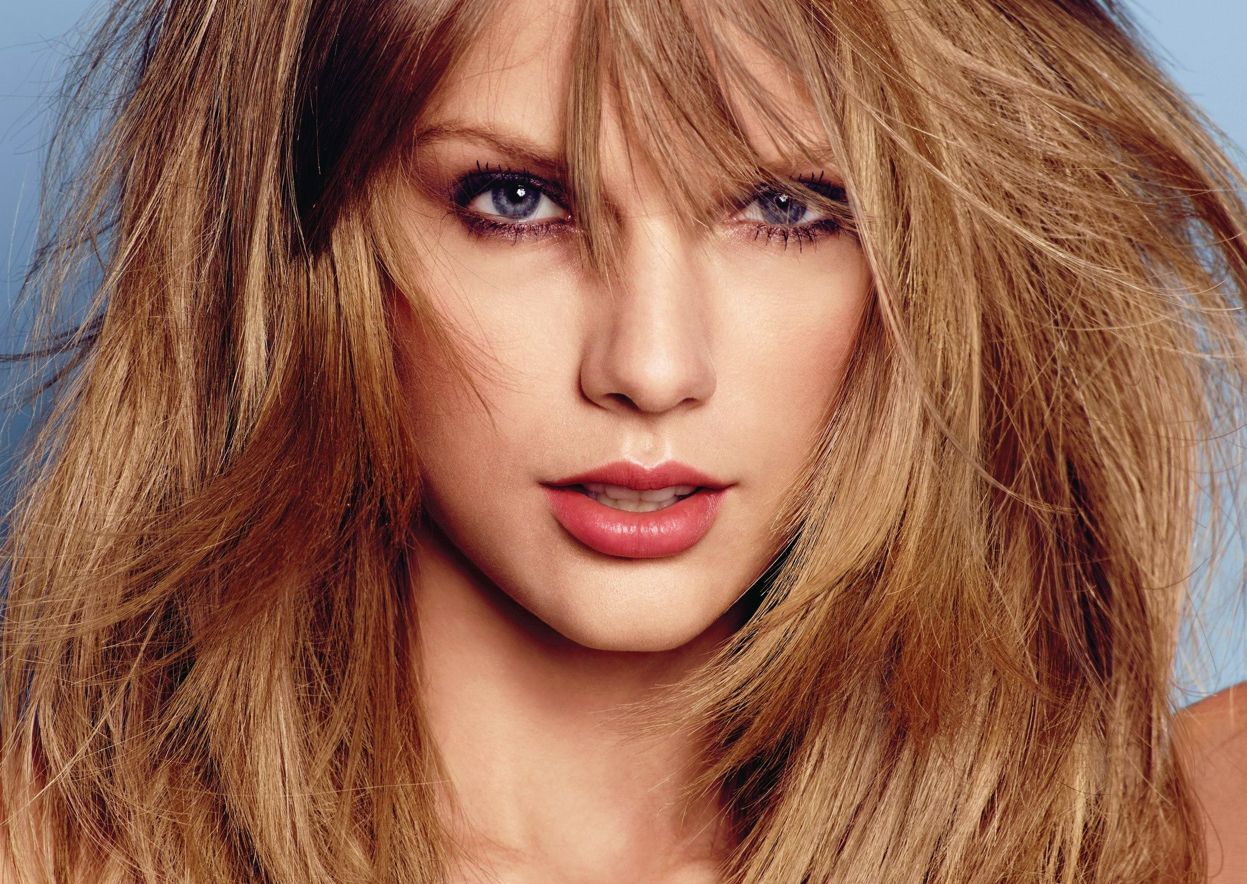Lizzo’s Legal Battles Escalate: The Untold Story Behind the Sydney Sweeney ‘Jeans’ Lawsuit
In the hyper-accelerated world of social media, a 13-second clip can be a viral sensation, a cultural touchstone, or, in the case of Grammy-winning superstar Lizzo, the trigger for a federal lawsuit. A seemingly innocuous social media teaser of an unreleased track, which cleverly references actress Sydney Sweeney, has now entangled Lizzo and her label, Atlantic Records, in a contentious legal battle over alleged copyright infringement, raising complex questions about creativity, compensation, and the very definition of a “release” in the digital age.
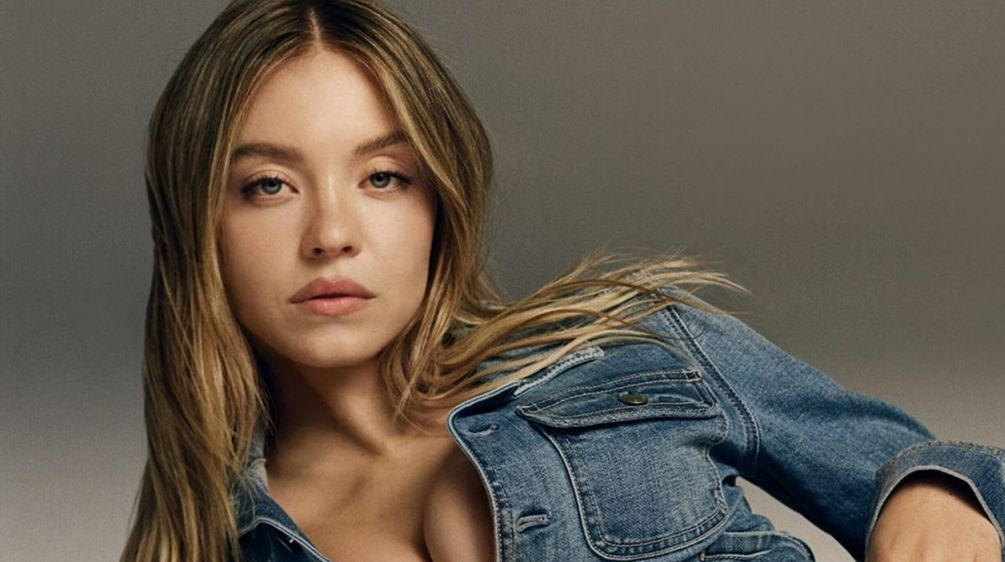
The lawsuit was filed in a California federal court on October 21 by GRC Trust, a Georgia-based rights holder. The trust claims that Lizzo’s unreleased song, tentatively titled “I’m Goin’ In Till October,” illegally samples a 1970s soul ballad. The composition in question, “Win or Lose (We Tried),” was penned by the prolific songwriter Sam Dees. According to the court documents, GRC Trust alleges that Lizzo’s track lifts significant “instrumental and vocal elements” without permission or payment, thereby infringing upon their intellectual property.
The dispute ignited after a video, posted by Lizzo to her massive followings on Instagram and TikTok in August 2025, went viral. In the clip, she is seen washing a Porsche while rapping the instantly memorable line: “B****, I got good jeans like I’m Sydney.” The lyric is a direct nod to Sydney Sweeney’s controversial ad campaign for the fashion brand American Eagle, which played on the homophones “jeans” and “genes.” While the snippet was a hit with fans, it caught the attention of GRC Trust, who argue that the underlying music was theirs.
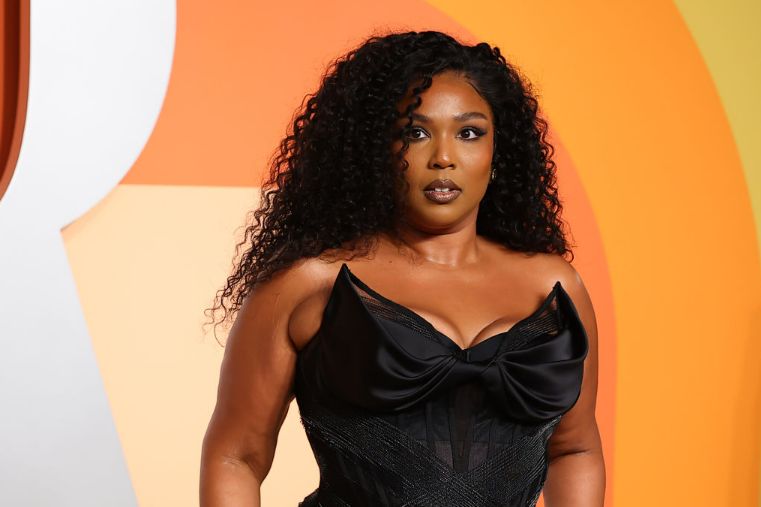
In their filing, the trust is seeking a significant financial settlement equivalent to all profits Lizzo and her label have allegedly gained from the infringement, plus their own losses. They are also demanding a legal injunction to prevent any future distribution or release of the song. In a statement to AFP, Lizzo’s representatives expressed surprise at the lawsuit, emphasizing a crucial point: “To be clear, the song has never been commercially released or monetised, and no decision has been made at this time regarding any future commercial release of the song.”
This defense opens a fascinating legal gray area. How can an artist profit from a 13-second, unreleased snippet on social media? GRC Trust argues that the massive online exposure and brand-building generated by the viral teaser are, in themselves, a form of monetization that triggers liability. They claim that prior to the lawsuit, negotiations with Lizzo’s team for an informal arrangement “reached an impasse,” forcing them to seek legal recourse. Since the suit was filed, Lizzo’s posts containing the clip have been removed from her social media profiles.
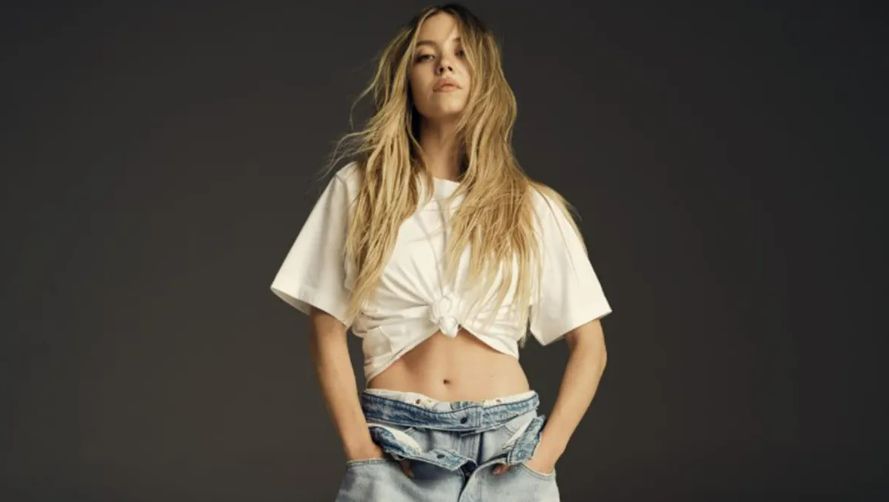
For Lizzo, this is unfortunately familiar territory. This lawsuit is the latest in a series of high-profile legal challenges that have shadowed her career. In 2019, she was sued by producers over her chart-dominating anthem “Truth Hurts”, who claimed its iconic opening line was derived from a song they co-wrote. That case was eventually settled out of court. In a separate claim, she later gave a writing credit to singer Mina Lioness, who proved the famous line originated from one of her 2017 social media posts. More recently, in 2023, Lizzo faced a damaging lawsuit from three of her former dancers, who accused her and her team of sexual harassment and creating a hostile work environment—a case that is still ongoing and which Lizzo has vehemently denied.
The context surrounding the Sydney Sweeney reference adds another layer of complexity. The original American Eagle campaign, which featured Sweeney discussing her “jeans/genes,” was met with a firestorm of online debate, with critics accusing it of echoing racist eugenicist language. The controversy became highly politicized, and Sweeney has since avoided commenting on it directly. Lizzo had previously parodied the ad in a separate video, using it as a jumping-off point for a message of empowerment, further embedding herself in the cultural conversation that her new song now references.
This lawsuit serves as a powerful reminder of the high-stakes nature of music production, where even a fleeting, unreleased idea can have multi-million dollar consequences. It also highlights the aggressive stance of rights holders like GRC Trust, who recently filed a similar sampling lawsuit against Kanye West and Vory. As artists increasingly use platforms like TikTok to test out new material, this case could set a precedent for how the law treats these informal, pre-release teasers. For now, Lizzo’s catchy ode to Sydney Sweeney’s jeans remains locked in a legal battle, a viral hit-that-never-was, caught between creative expression and corporate litigation.


